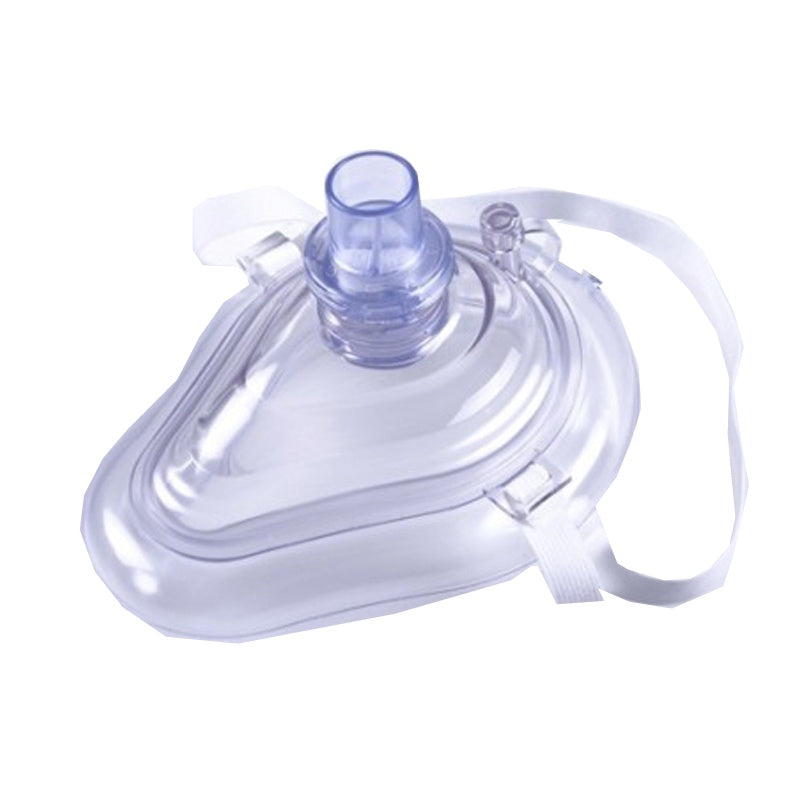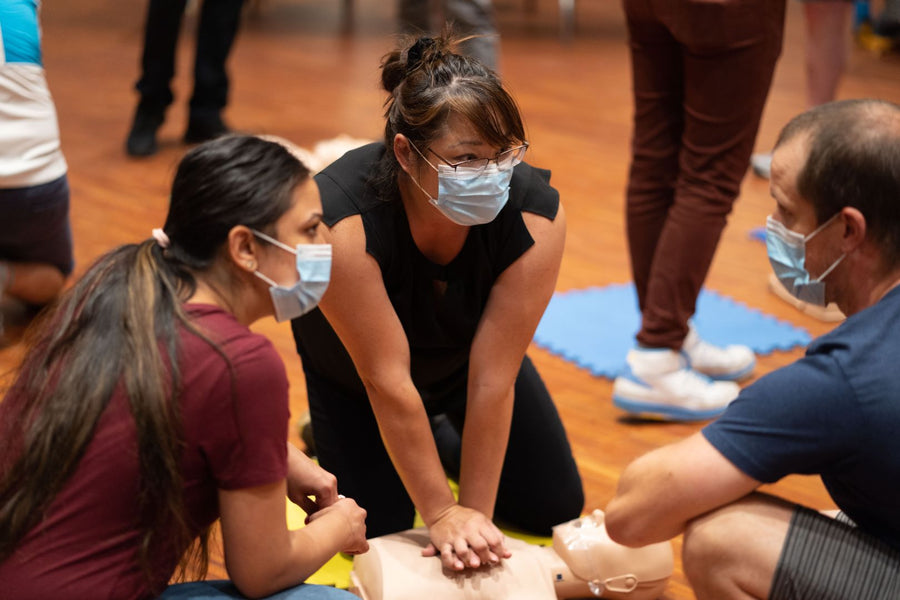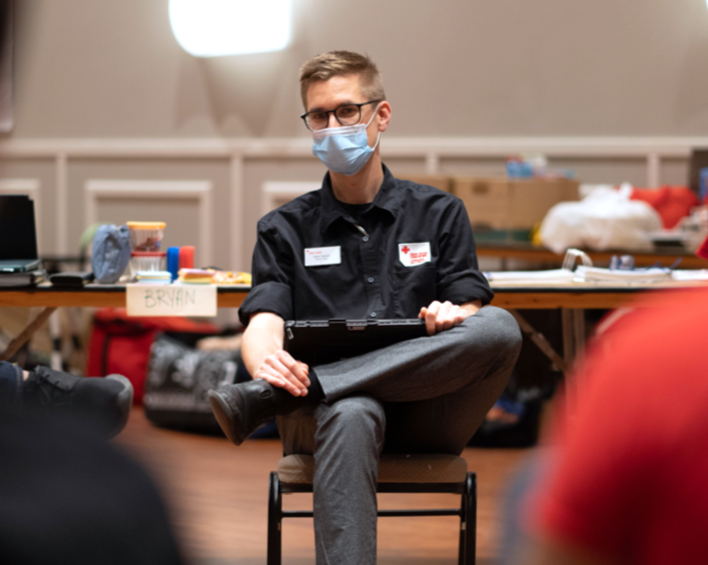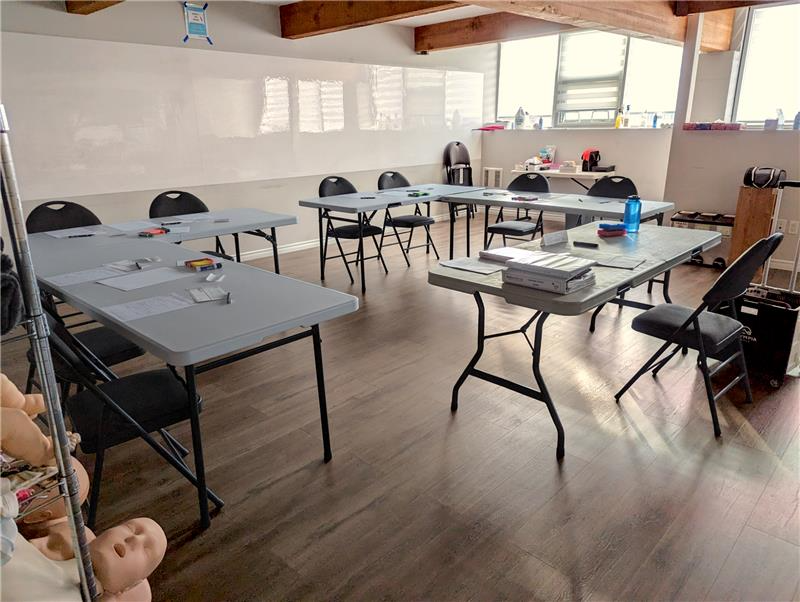
Tips and resources to manage stress
Stress is a natural part of being human and we all feel it to varying degrees. Stress can be a source of motivation in certain situations but when it gets to be too much, it can be debilitating. Whether you’re feeling stressed out about work, family life, job loss or a painful life event, it’s a normal part of life.
If your stress levels become too much and they start to interfere with your professional and personal life, consider talking to your doctor or therapist about preventative strategies. In the meantime, there are other things you can do to keep stress at bay. Learning about stress and how to manage it helps spread mental health awareness and teaches us how to spot the early signs of mental health problems.
Read on for more tips and tricks.
To start, when you’re feeling stressed, try to:
• Stay positive
• Accept that you can’t always control every situation
• Be assertive and tell your family, friends or coworkers how you’re feeling instead of becoming passive-aggressive or angry.
• Manage your time effectively and make sure to take breaks
• Make time for the things you love (hobbies and interests outside of your career)
• Set limits and say no to events and activities you can’t commit to
• Don’t rely on drugs or alcohol to help destress. They actually have the opposite effect and will reduce the quality of your sleep and cause inflammation of the body.
• Spend time with family and friends. Rely on your support system when you’re going through stressful times.
• If you can, seek professional help and talk to a therapist.
There are a few other things to consider if you’re trying to manage your stress levels including your lifestyle habits:
Exercise
To start, physical activity and exercise can help improve your sleep. Better sleep means less stress levels as your brain function improves when you sleep more. According to a few studies, people who exercise more have a tendency to get better deep “slow wave” sleep that helps renew the brain and body.
Exercise not only improves sleep, but also helps with overall mood. When we exercise, our bodies release a number of hormones including endorphins and endocannabinoids that help block pain and improve sleep. A few exercises you can do are:
• Cycling
• Dancing
• Swimming
• Running
Diet
Believe it or not, our diets affect our stress and anxiety levels. A healthy diet can improve stress, build your immune system, lower blood pressure and level out your mood. Lots of added sugar and junk food do the exact opposite for your mental and physical health. To stay healthy, especially during moments of stress, look for complex carbs, lean proteins and fatty acids in your diet.
Sleep
A common side effect of stress is trouble falling asleep. If this happens to you, try these tips:
• Exercise regularly
• Get outside
• Set a sleep schedule
• Drink less alcohol and caffeine before bedtime
• Reduce your screen time
In general, your bedroom should act as a place of sanctuary. Try and keep your space clean and make sure your bed is comfortable and supports your back.
Therapy
Long-term talk therapy can be very effective for battling stress levels. In many situations, therapists will use different techniques like cognitive behavioural therapy. This technique helps break negative thought patterns in your head, which can lead to less stress. Overall, having someone to talk to that’s removed from your everyday life can be cathartic and help you process emotions and behaviours.
At Pacific First Aid, participants can take a Mental Health First Aid course which teaches you how to assess stressful situations and how to calm yourself and others down. This course gives students the tools so they can be prepared for future scenarios and react to emergency situations productively.







